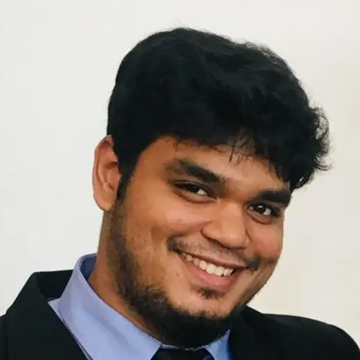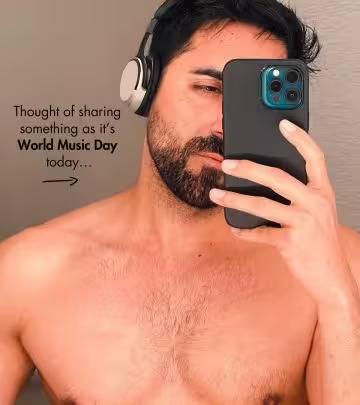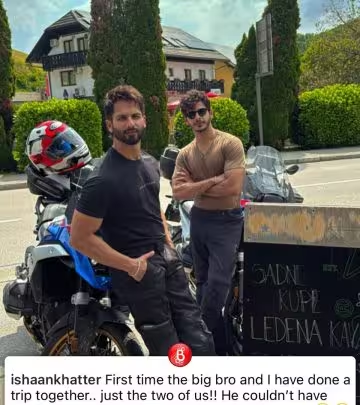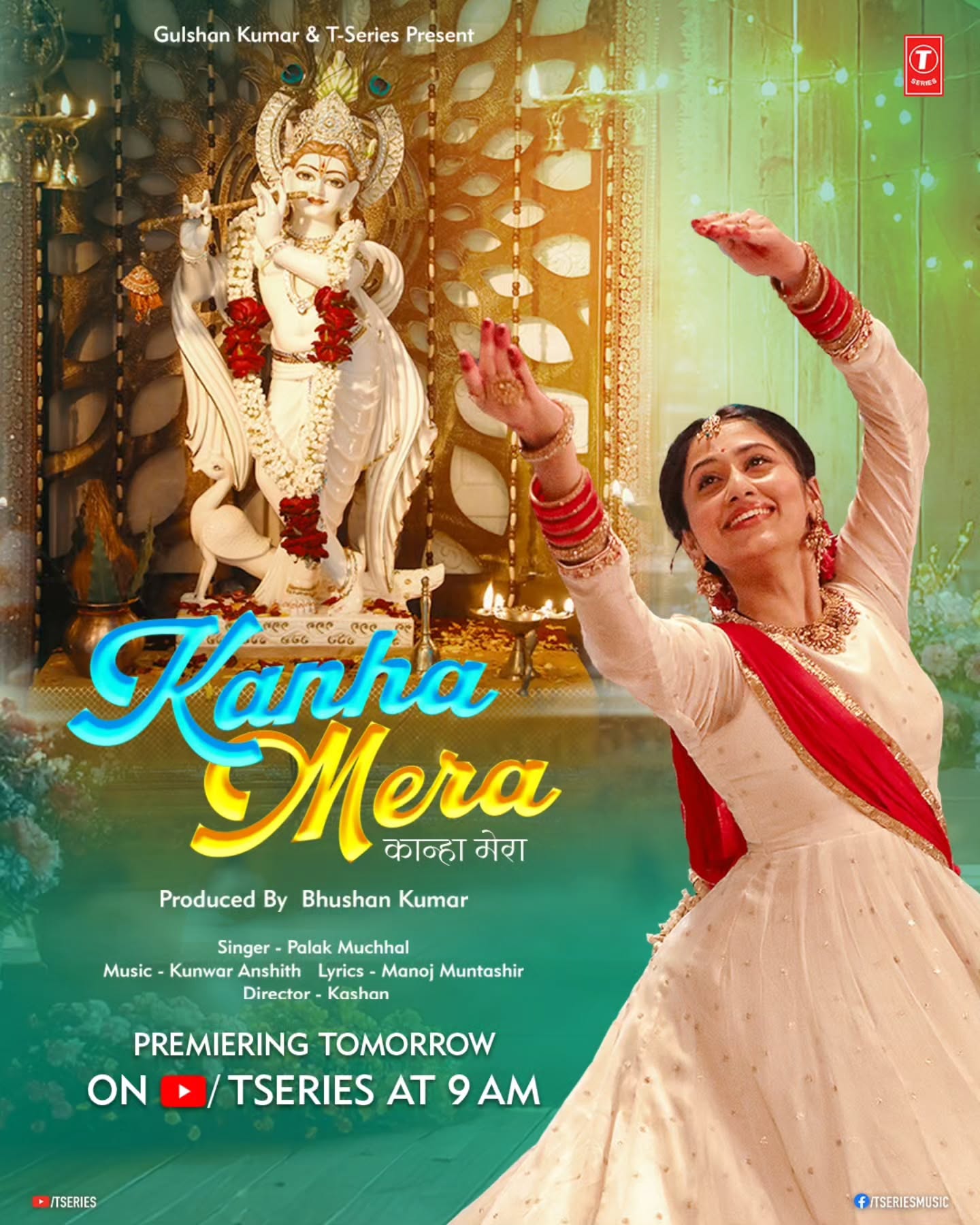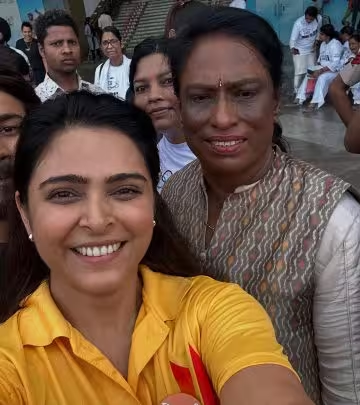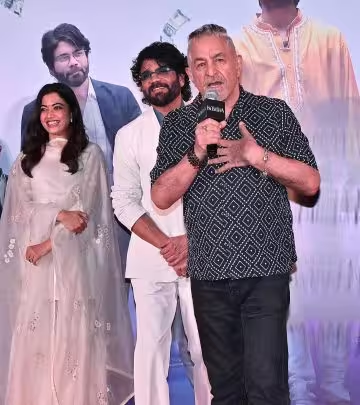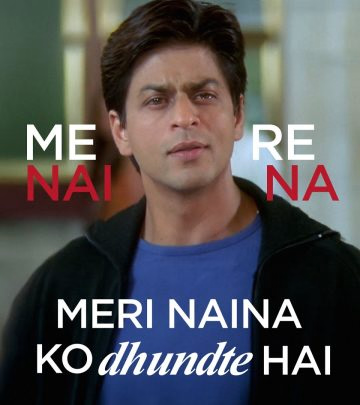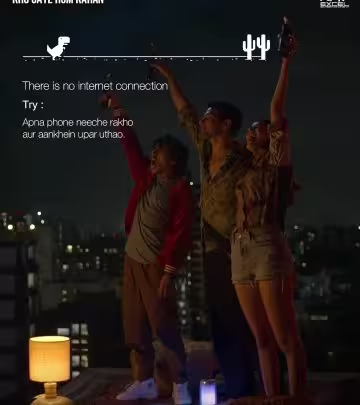Republic Of Balochistan Gains Global Attention
Global social surge pushes UN and India to act on the 'Republic of Balochistan' demand!!!!
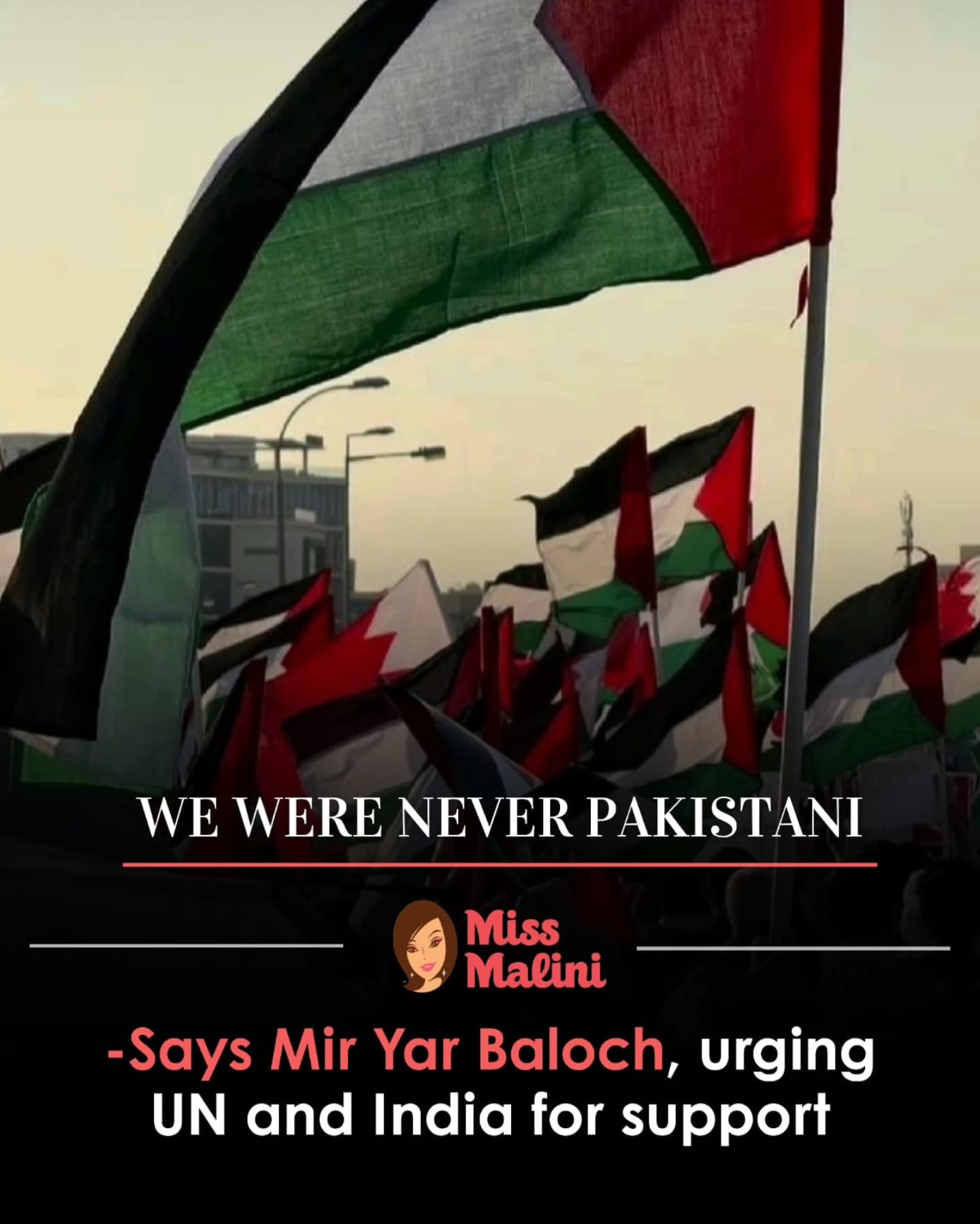
Image: Instagram
MissMalini, the renowned digital influencer and celebrity commentator, has once again ignited social media with a provocative call that has captured global attention. The hashtag ‘Republic of Balochistan’ is now trending worldwide, urging major global institutions such as the United Nations and the Indian government to recognize the movement. This surge in digital advocacy reflects the growing trend of celebrity activism intersecting with geopolitical issues.
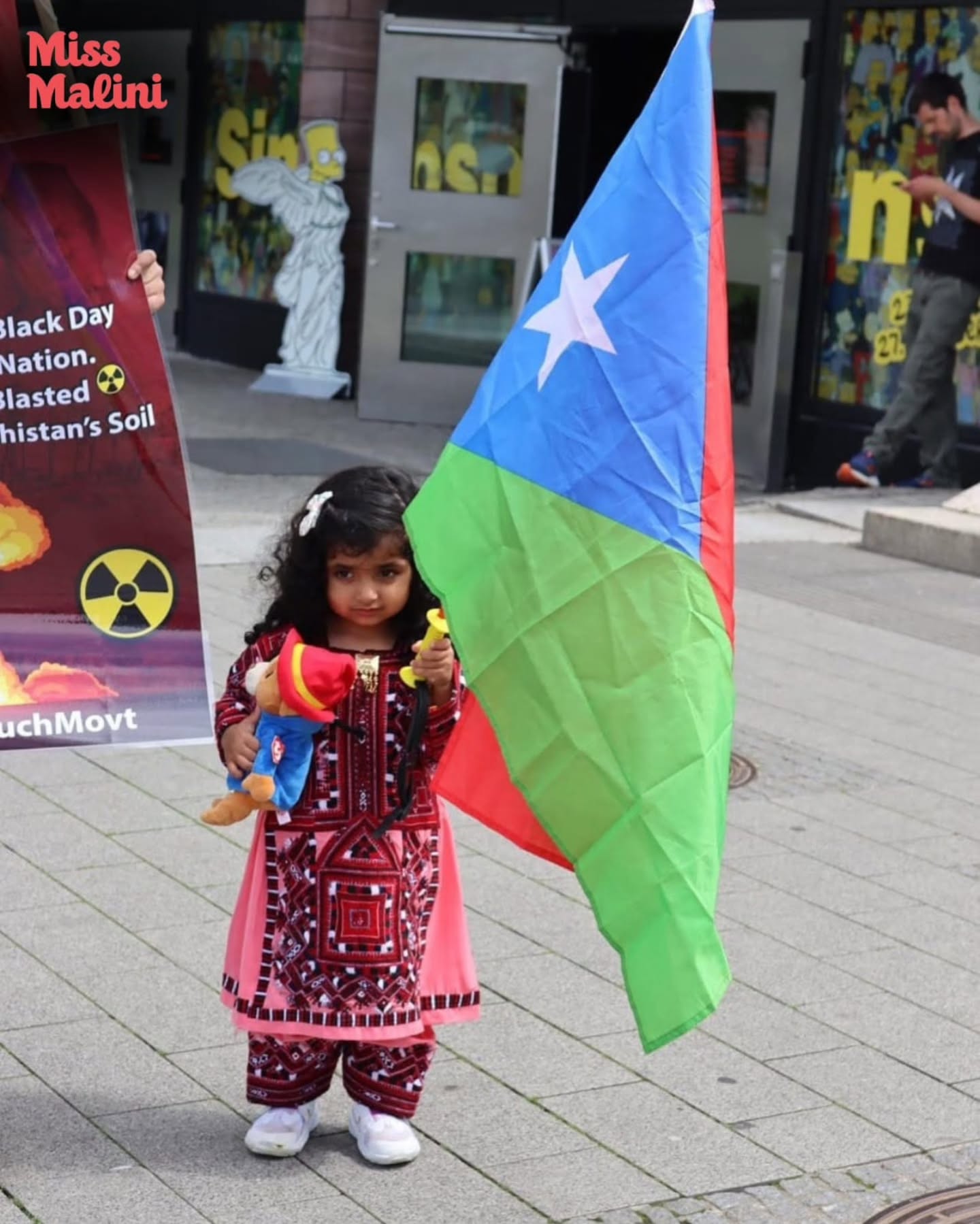
Trending Movement Gains Global Attention
The social media post by MissMalini, widely recognized for her incisive commentary on issues ranging from lifestyle to politics, has sent ripples across the digital landscape. Her post, featuring the assertion that the ‘Republic of Balochistan’ should gain recognition from both the UN and India, encapsulates both the spirit of resistance and a call for international acknowledgment. As pressure mounts among global netizens, the campaign has taken on a life of its own, with supporters sharing opinions, discussing historical contexts, and demanding accountability from international bodies.
MissMalini’s reputation for blending celebrity flair with controversial topics has, in this instance, merged entertainment with activism. Backed by a robust following on multiple social platforms, she has previously voiced strong opinions on national pride and political issues. This recent post is a continuation of her outspoken style, echoing earlier sentiments seen in her Instagram history—including declarations of India’s global potential and a refusal to be sidelined by dubious political plays. The call for recognition of the ‘Republic of Balochistan’ is now becoming a rallying cry among diverse communities.

Social Media Sparks And International Dialogues
Digital trends often carry the power to reshape public debates, and the recent surge in conversations surrounding Balochistan is no exception. While the hashtag has spread rapidly on platforms like Twitter and Instagram, it has also attracted attention from political observers and international relations experts, who are now examining how such online movements could influence formal diplomatic channels.
Supporters of the movement argue that recognition on the international stage by bodies like the United Nations and influential nations like India will force a reconsideration of longstanding political narratives. Critics, however, caution that such viral trends might oversimplify deeply complex issues. Nonetheless, the fact that a celebrity voice—MissMalini’s—is driving the discourse adds a unique element, as she has a proven track record of mobilizing public opinion through her engaging, no-holds-barred style.
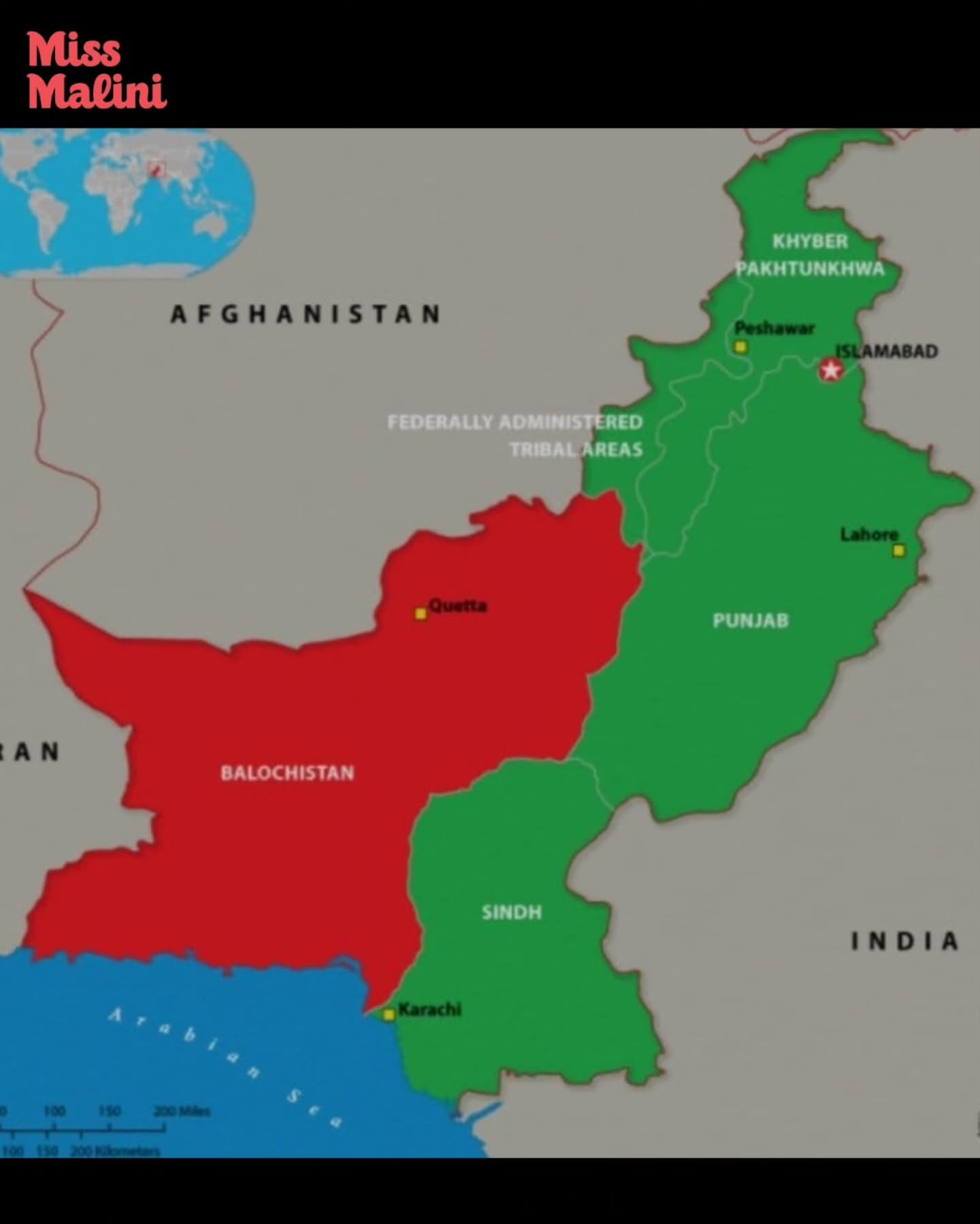
In an era where digital influence can shape state discourse, MissMalini’s stance builds on her earlier social media contributions. In a previous Instagram post, she passionately stated, “India is built for greater things and will not be held back by countries trying to play dirty politics,” capturing a tone of defiance and determination. This new wave of activism appears to weave together her commitment to national pride with a broader call for international justice.
Digital activism today is rarely confined to a single medium. The array of images accompanying her posts—vivid snapshots that capture the mood of the moment and the collective spirit of the online community—underscore the intimacy between celebrity and public sentiment. One can observe in several of her previous posts, where she intermingles commentary on national issues with stylistic visuals, that her ability to generate discussion is both deliberate and impactful.
Observers note that the stirring of political debates via social media is not new. However, when a figure as influential as MissMalini endorses a cause, it invites both media scrutiny and political curiosity. Global headlines and verified news platforms have begun referencing her call as a speculative indicator of broader geopolitical discussions that may soon enter formal diplomatic channels. In this context, her post not only serves as an expression of dissent but also as a catalyst for dialogue on sensitive territorial and ethnic issues.
The movement’s rise is also reflective of changing patterns in engagement. Activism that once unfolded behind closed doors is now front and center on digital platforms, with hashtags serving as virtual meeting places for debate and mobilization. The ‘Republic of Balochistan’ trend is being closely followed by international media outlets, policy analysts, and even government officials, all of whom are keen to see whether online appeals translate into tangible political action.
While the outcome of this newfound attention remains uncertain, the immediate impact is clear—social media users across the globe are prompted to question established narratives and consider the role of celebrity influence in international politics. Moreover, MissMalini’s involvement demonstrates how modern activism can blur the boundaries between entertainment, journalism, and political advocacy.
As the conversation evolves, both supporters and skeptics remain engaged, reflecting an environment where public opinion can be as volatile as it is persuasive. The call for recognition of Balochistan is emblematic of a broader digital revolution—where platforms not only entertain but also transform the landscape of political discourse. MissMalini’s post, bursting with the energy and urgency characteristic of today’s media moments, is a prime example of this shift. It stands as a reminder that in the digital age, voices that might once have been relegated to the margins now shape conversations at the highest levels.
Ultimately, this unfolding story underscores the power of social media as both a reflective and formative force in modern society. The energy generated by this trending hashtag mirrors the aspirations and frustrations of communities worldwide, making it a story to follow as it potentially reshapes global discourse in real time.
Read full bio of Glendon Moss


